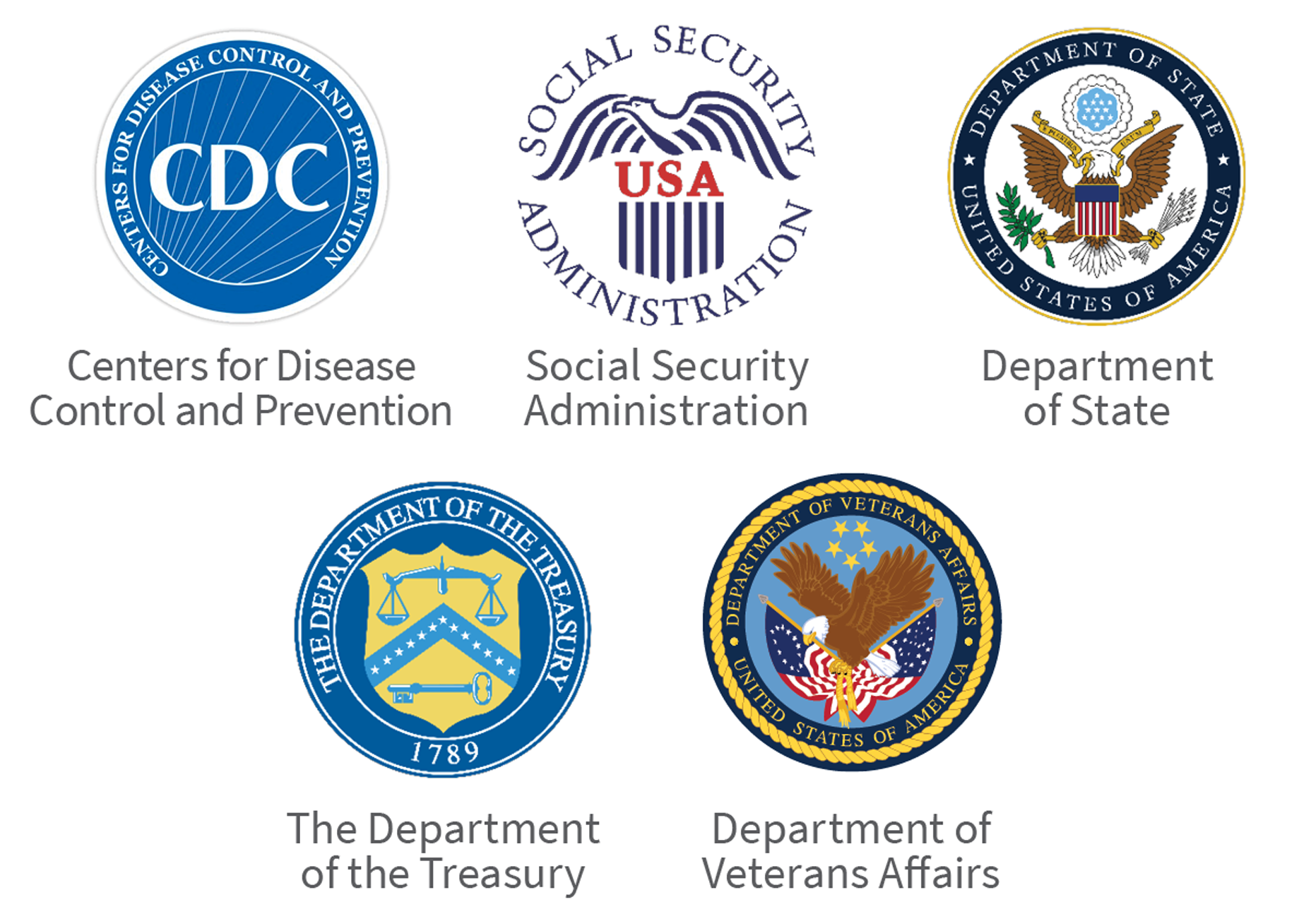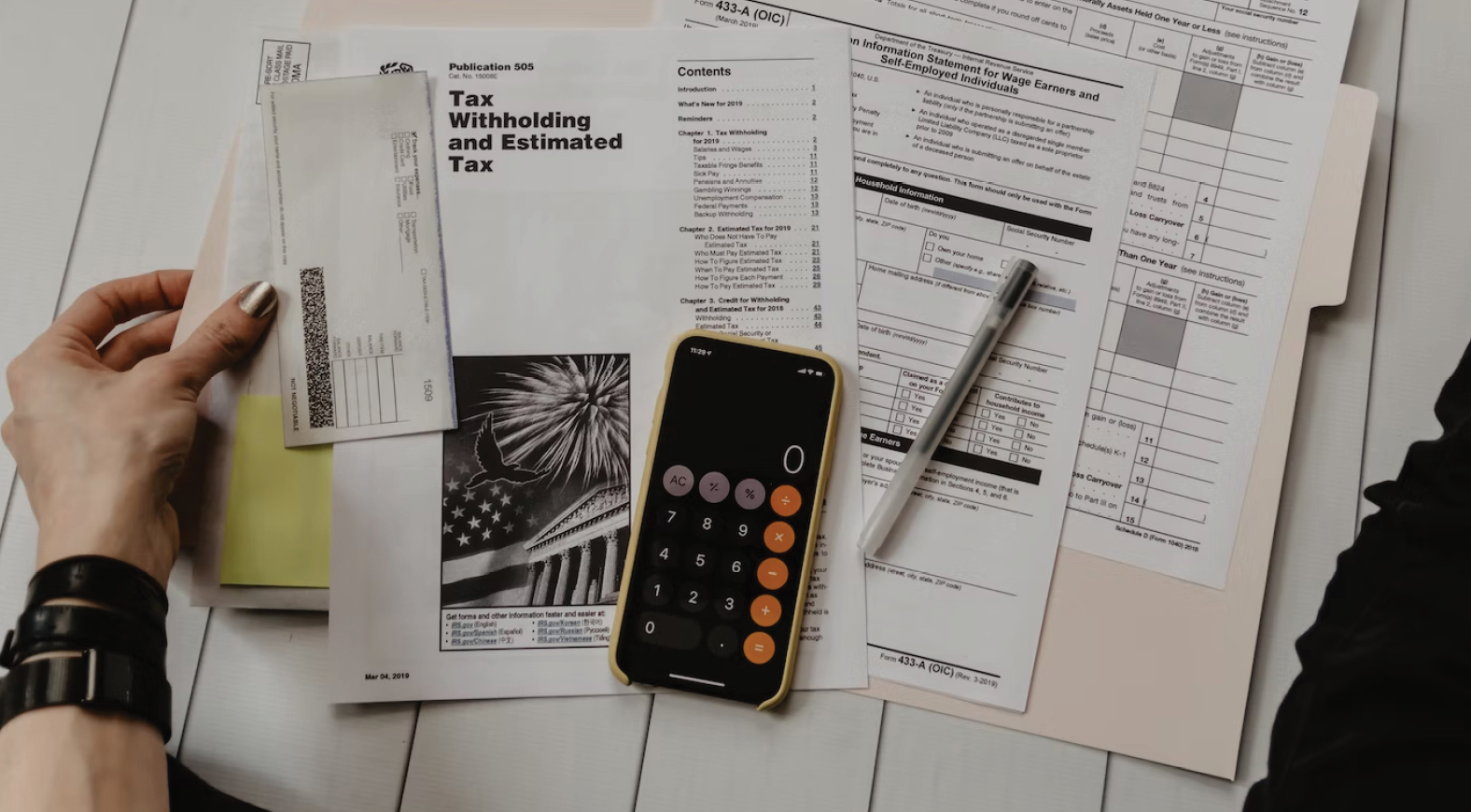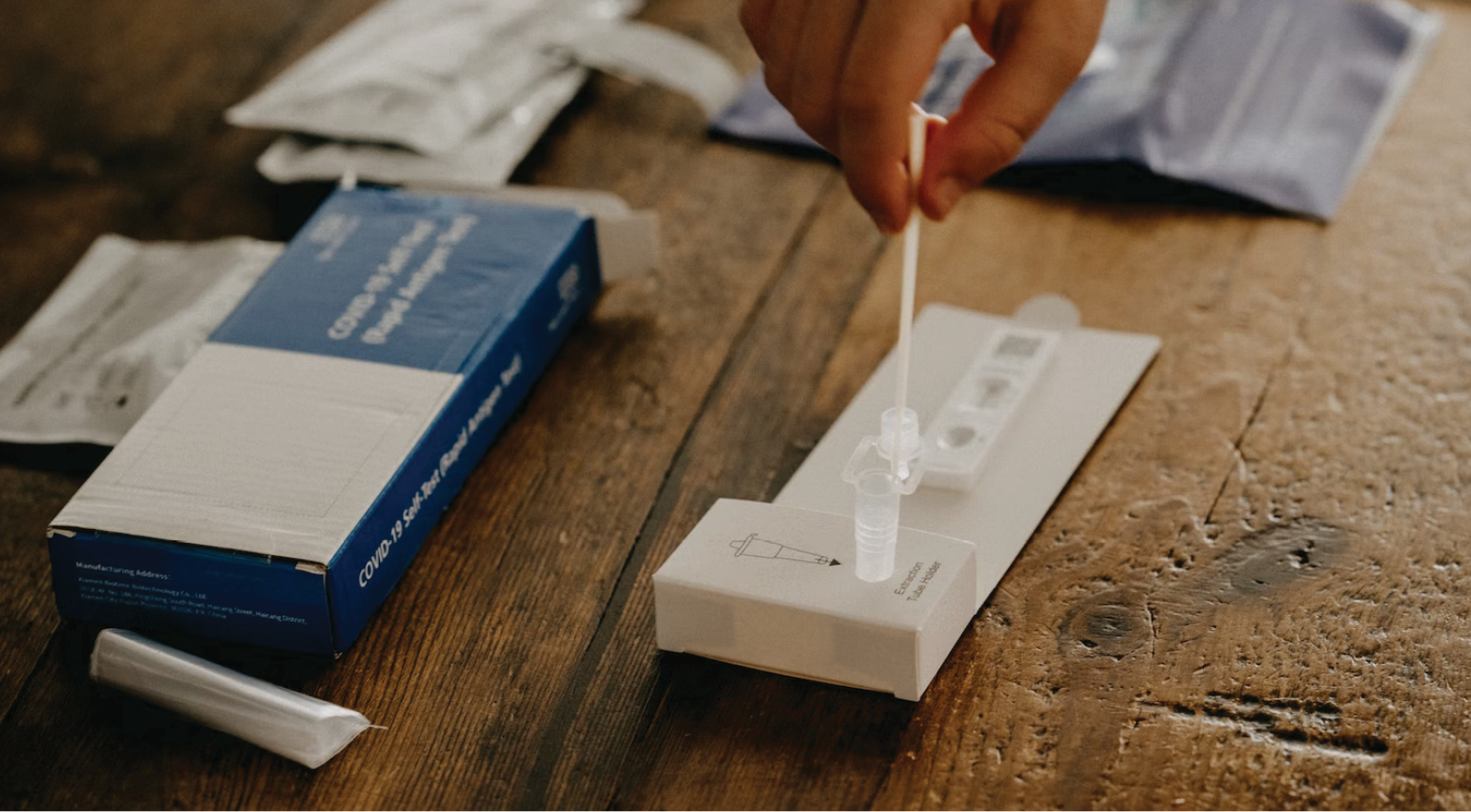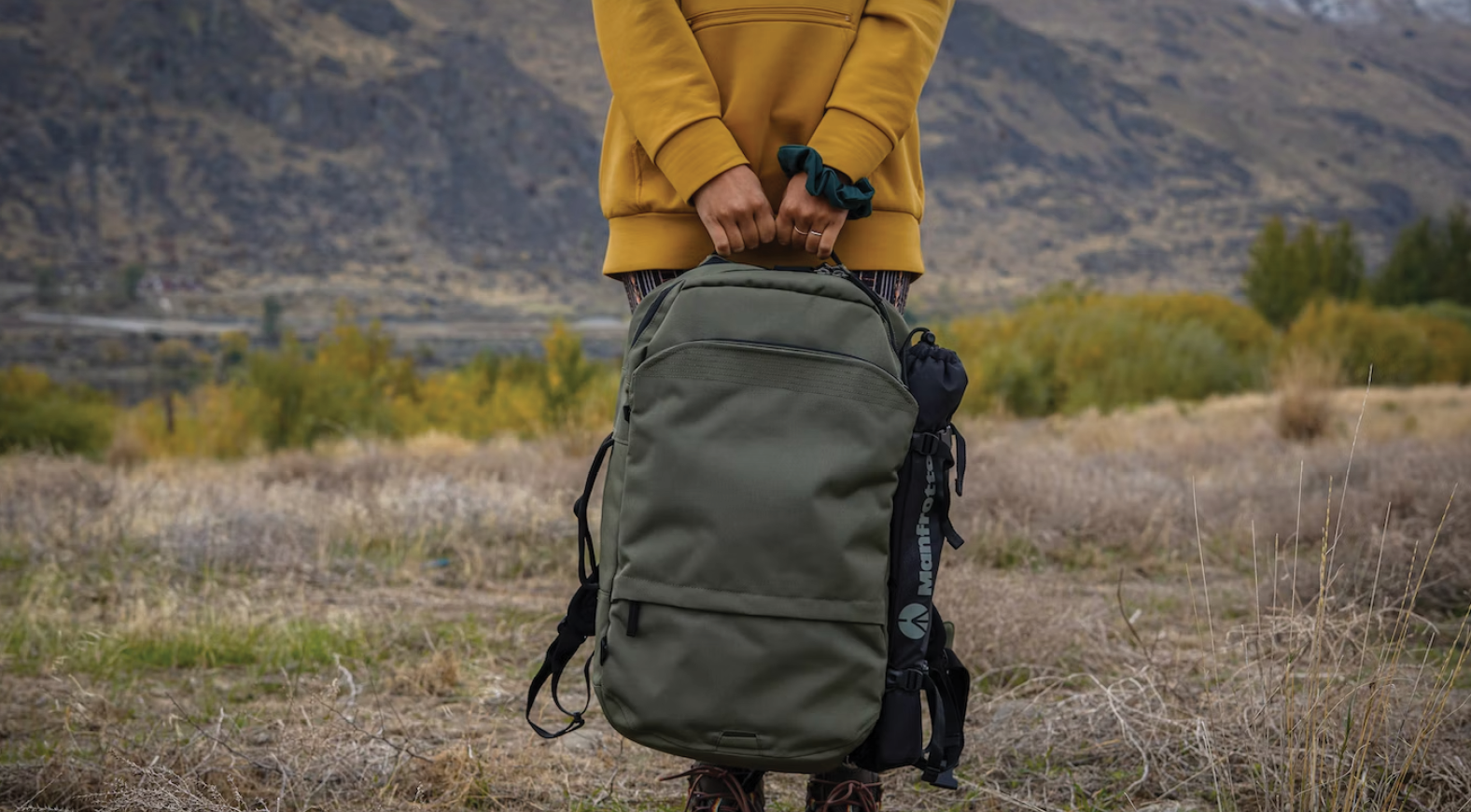2024 Diversity & Inclusion Report
Reflecting the American People
Too often, outdated tools, systems, and practices make interacting with the government cumbersome and frustrating.
Over the last decade, the U.S. Digital Service (USDS) has brought together the best engineering, product, design, procurement and operational leaders to change our government’s approach to technology. Since then, hundreds of mission-driven professionals have completed tours of service, furthering the USDS mission to deliver better government services to the American people through technology and design.
We’ve grown from less than a dozen staffers to more than 200 today. One of our goals is to build a workforce that reflects the people we serve, in line with ongoing efforts across the federal Government. We believe that fostering diversity, inclusion, equity, and accessibility (DEIA) is vital to our ability to imagine and build digital solutions that solve everyday challenges people face. And we’ve made significant strides to advance DEIA, to include offering remote and hybrid work, hiring our first full-time DEIA role, creating a DEIA Council, initiating affinity groups, examining our hiring processes, relying on data to promote equitable recruitment strategies, and investing in equity and accessibility capacity building—both among our own staff and in our project work with agency partners. While we have made progress, this work is never done.

Representation: How Do USDSers Identify?
USDS staffers — we call ourselves USDSers — completed a voluntary diversity and inclusion survey to inform this report and our broader Diversity, Equity, Inclusion, and Accessibility strategy.
For each of the groups below, we’re including two data sets:
TOTAL includes all full-time USDS staff, including Leadership.1
LEADERSHIP includes Executive Leadership and Community of Practice Directors.
| Race and Ethnicity | 2024 | 2022 | |||||
|---|---|---|---|---|---|---|---|
| Total | Leadership | Total | Leadership | ||||
| Asian | 16% | 46% | 12% | 31% | |||
| Black or African American | 9% | 8% | 10% | 31% | |||
| Hispanic/Latino | 8% | 15% | 10% | 0% | |||
| Non-Hispanic White | 69% | 38% | 70% | 38% | |||
| Gender | 2024 | 2022 | |||||
| Total | Leadership | Total | Leadership | ||||
| Male | 39% | 31% | 38% | 25% | |||
| Female | 55% | 69% | 57% | 75% | |||
| Another Gender or I Prefer Not to Answer |
7% | 0% | 6% | 0% | |||
| Cognitive and/or Physical Disability |
2024 | 2022 | |||||
| Total | Leadership | Total | Leadership | ||||
| Yes | 17% | 0% | 14% | 13% | |||
| No | 83% | 100% | 86% | 87% | |||
| Age | 2024 | 2022 | |||||
| Total | Leadership | Total | Leadership | ||||
| 20-29 | <10 | 0% | 8% | 6% | |||
| 30-39 | 55% | 62% | 49% | 38% | |||
| 40-49 | 32% | 38% | 31% | 56% | |||
| 50+ | 9% | 0% | 12% | 0% | |||
| LGBTQ+ | 2024 | 2022 | |||||
| Total | Leadership | Total | Leadership | ||||
| LGBTQ+ Identity | 17% | 8% | 19% | 13% | |||
| Non LGBTQ+ Identity | 83% | 92% | 81% | 87% | |||
How we serve
The greatest good for the greatest number of people, in the greatest need
USDSers work across multiple federal agencies, collaborating with career public servants to reimagine government systems and services the American public relies on daily. Our unofficial motto is to choose projects that serve “the greatest good, for the greatest number of people, in the greatest need.”
Since the project that led to our founding with the Department of Health and Human Services — Healthcare.gov — we’ve partnered with more than 30 agencies, including:

Who we serve
Millions of Americans depend on the digital services that USDSers design, build, or support. Through our agency partners, we’ve:

Educated parents about tax credits (Treasury / IRS)

Connected people to life-saving COVID-19 tests and vaccines (HHS / CDC)

Helped families feed their children (WIC)

Assisted with Afghan refugee resettlement (State)

Improved access to benefits claims and information for Veterans (VA)
1. There were 224 full-time USDS staff as of February 2024, including anyone who joined or left during the period of the survey. All information is self-identified as of February 2024. Individuals provided responses outside of these categories, which could not be reported due to small group sizes.

